AD ASTRA RESOURCES & INSIGHTS
New Resource: The Smart Annual Scheduling Guide
Download this step-by-step approach to data-driven, multi-term course scheduling

Featured Content

The Smart Scheduling™ Guide to Faculty Capacity Planning
As student demand shifts and budgets tighten, colleges must optimize faculty resources. Download Ad Astra’s Guide to Smart Scheduling and help your institution align staffing with strategic goals, balance workloads, and plan sustainably for student success.
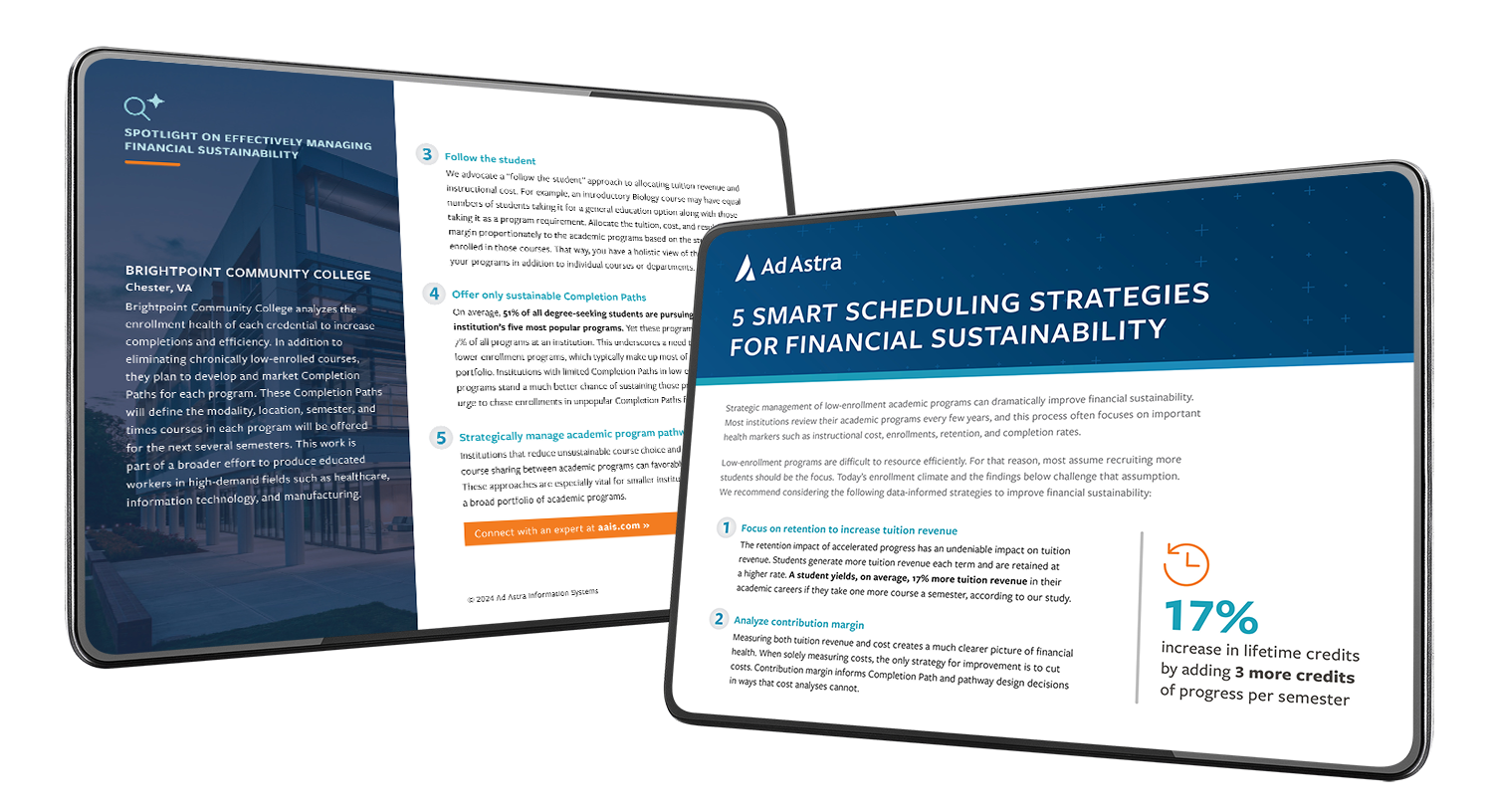
5 Smart Scheduling™ Strategies for Financial Sustainability
Strategic management of low-enrollment academic programs can significantly enhance financial health. Access Ad Astra's 5 Smart Scheduling Strategies now.

The Smart Scheduling™ Guide to Shortened Terms
Smart Scheduling with shortened terms offers an efficient way for students to progress faster, focus on fewer classes, and achieve better long-term outcomes, such as higher credential completion and smoother transfers to four-year institutions.

2024 Benchmark Report
This comprehensive analysis of more than 1.3 million students explores the impact of progress bands, flexible schedules, and financial sustainability on retention and completion. Discover key insights, including the pivotal role of "taking one more course," the importance of addressing BILPOC student progress gaps, and the influence of term duration.

AACRAO 60-Second Survey: Operational Efficiency in Academic Operations
New research from AACRAO, developed with Ad Astra’s support, reveals why 78% of institutions believe they could be more efficient. This report offers actionable insights to optimize operations and achieve institutional goals, with tips on how Ad Astra's academic scheduling tools help improve efficiency.
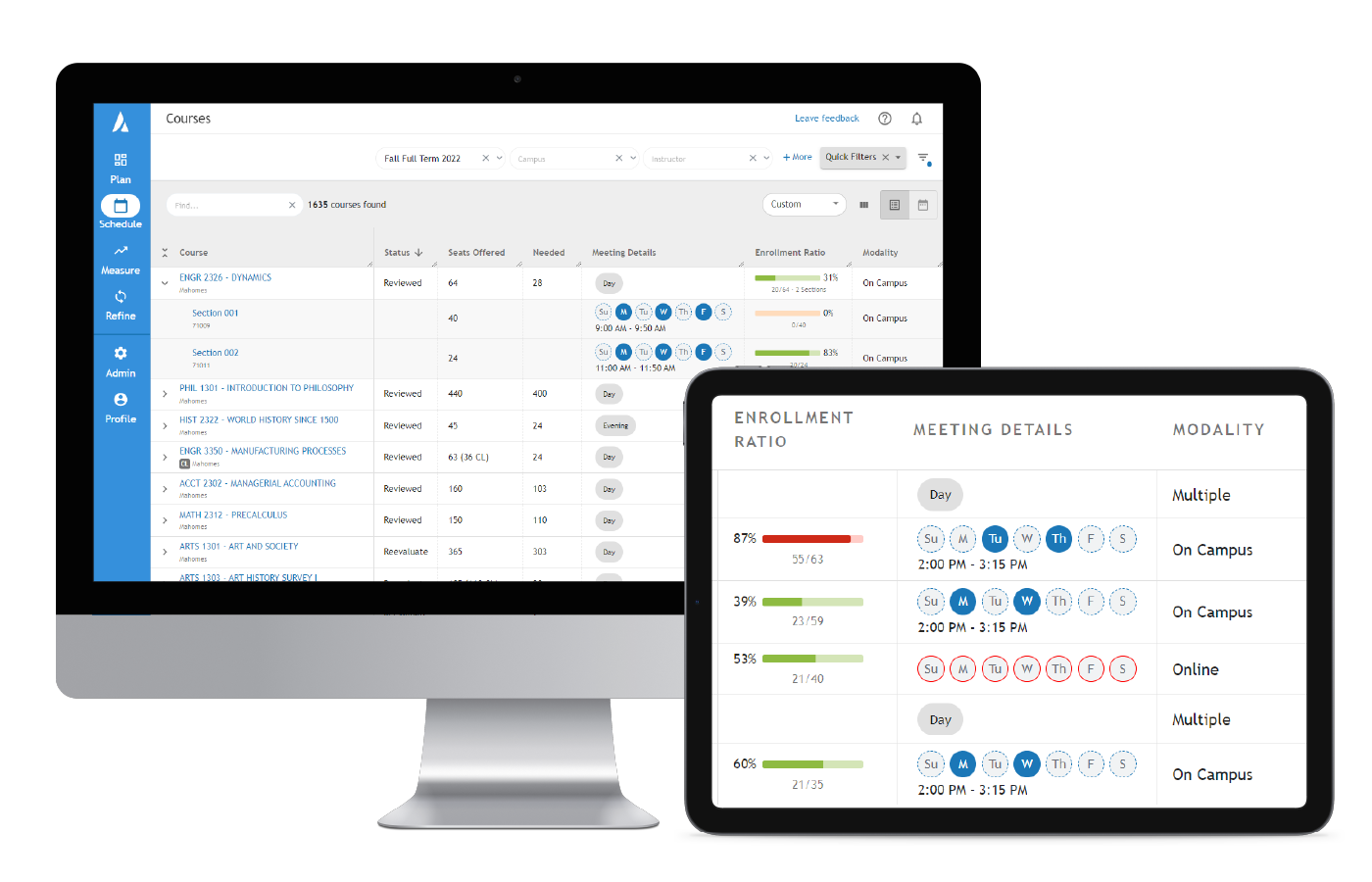
Solving Essential Scheduling Problems with Efficiency
During this session, panelists explore problem-solving strategies and practical software tips to overcome the most challenging scheduling issues encountered by registrars and scheduling teams.
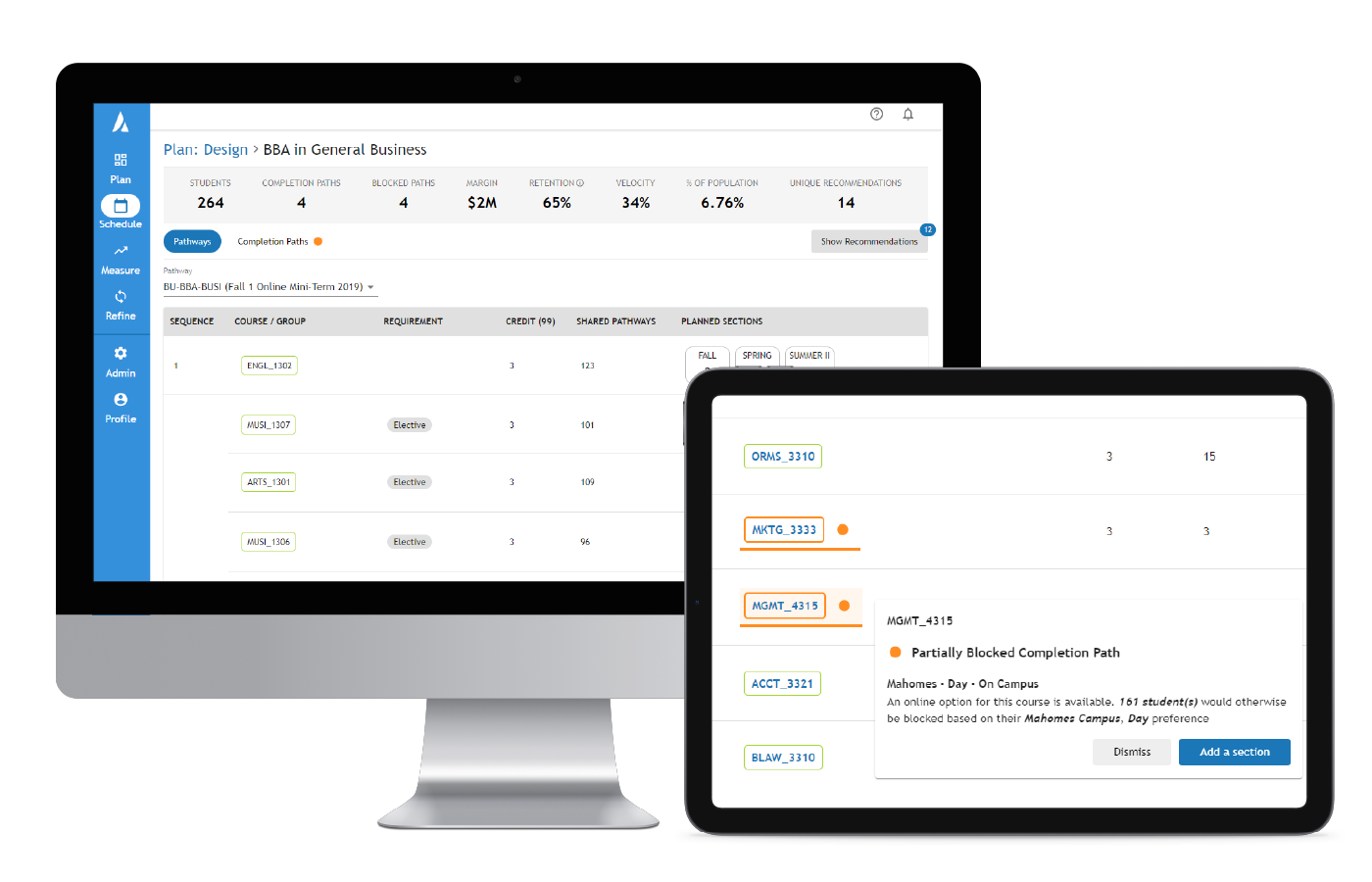
Planning for Success with Annual Schedules
Hear panelists share expert strategies and tips to optimize schedules on an annual basis. Tailored for provosts, deans, and student success leaders, this session tackles key academic scheduling challenges with practical solutions to boost efficiency and outcomes.

Smart Scheduling™ Guidebook
In today’s challenging enrollment climate, creating smart, student-centered schedules is crucial. The Smart Scheduling Guidebook outlines four essential pillars to design efficient, financially sustainable schedules that drive equitable student retention and on-time completion.
Browse resources
Student Success
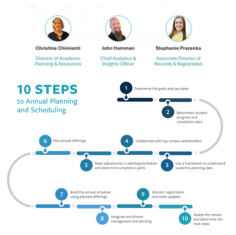
Annual Scheduling Panel: Realities from the Northeast
Whether your institution is considering annual scheduling or looking to refine your current process, this webinar offers valuable insights and peer perspectives to guide your journey.

The SPOT Advantage: Reimagining Academic Terms with AACRAO
Discover how nine institutions are improving learner success with Shortened Parts of Term (SPOT) classes and strategic, data-driven academic scheduling in this white paper collaboration with AACRAO.

The Smart Annual Scheduling Guide
Equip your institution to create schedules that not only meet student needs but also align with institutional goals, driving both academic and operational success. In this guide, you'll discover 10 actionable steps to annual scheduling, best practices, data-driven insights and success stories.

San José State's Story: Managing change through strategic optimization and campus-wide collaboration
See how San José State University created a strategic institution-wide initiative to overcome scheduling barriers for students.

The Smart Scheduling™ Guide to Shortened Terms
Smart Scheduling with shortened terms offers an efficient way for students to progress faster, focus on fewer classes, and achieve better long-term outcomes, such as higher credential completion and smoother transfers to four-year institutions.

Smart Scheduling™ with Ad Astra at University of West Alabama
See how the University of West Alabama adopted Essential Scheduling to address all their scheduling needs in one package.
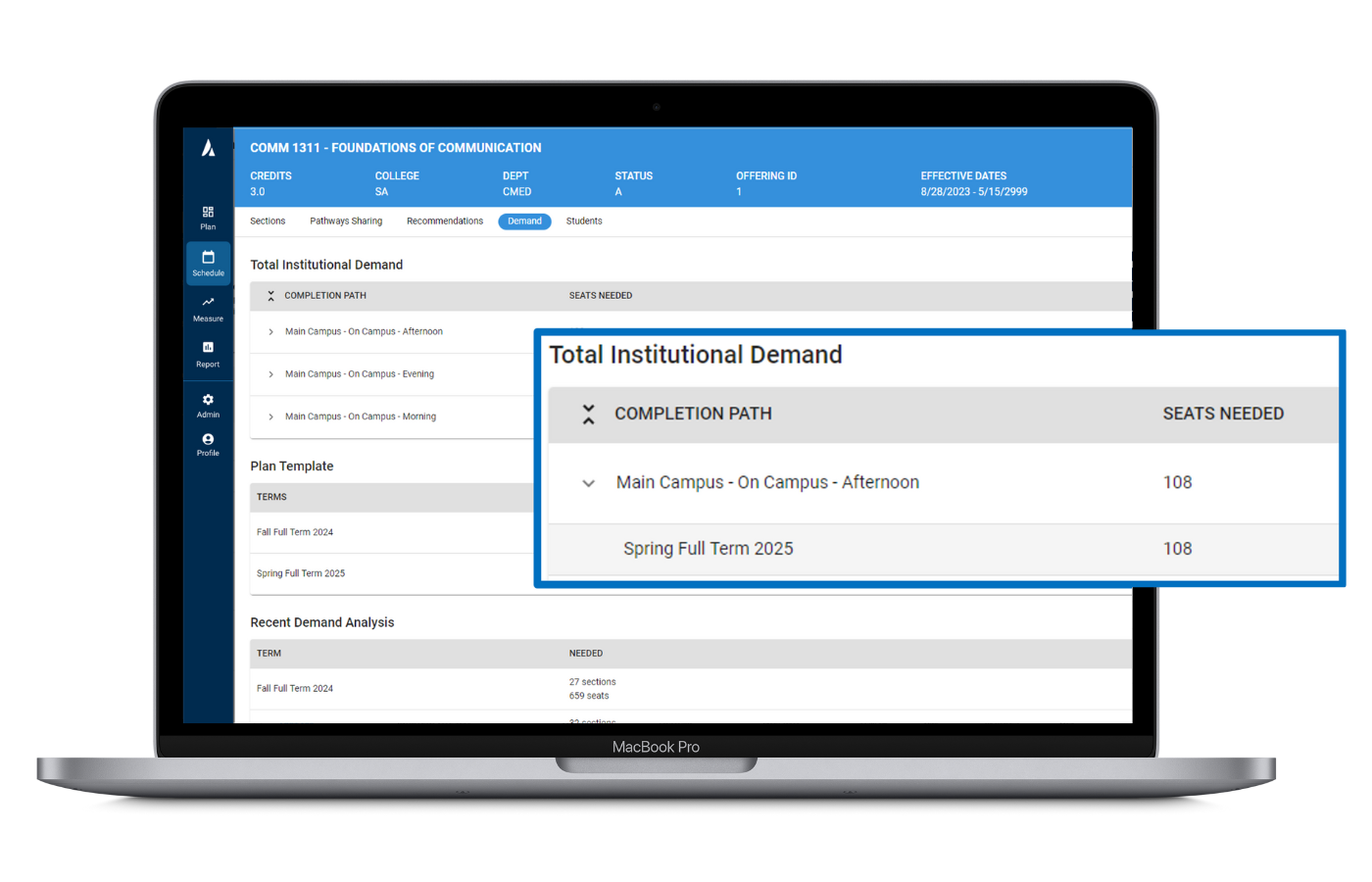
Getting Started with an Annual Schedule Plan
Listen to higher education leaders from 3 institutions share tips and best practices on implementing annual schedule plans.

2024 Benchmark Report
This comprehensive analysis of more than 1.3 million students explores the impact of progress bands, flexible schedules, and financial sustainability on retention and completion. Discover key insights, including the pivotal role of "taking one more course," the importance of addressing BILPOC student progress gaps, and the influence of term duration.

Fulfilling student needs with Essential Scheduling at West Alabama
How the University of West Alabama created an action-oriented strategy to operationalize its strategic course scheduling initiatives.

Central Piedmont Community College Case Study
Central Piedmont Community College used data analytics to optimize student progression, focusing on increasing registrations and course offerings. The college improved transparency and efficiency, resulting in a 15% annual increase in registrations and a 13% annual increase in courses offered.

Ten Tips from Three Trailblazers in Annual Scheduling
Annual scheduling in higher education goes beyond logistics; it's a strategic process aimed at ensuring long-term student success and optimizing institutional resources. Learn the 10 key takeaways from the experiences and advice of three higher education leaders on how to embrace annual scheduling effectively.
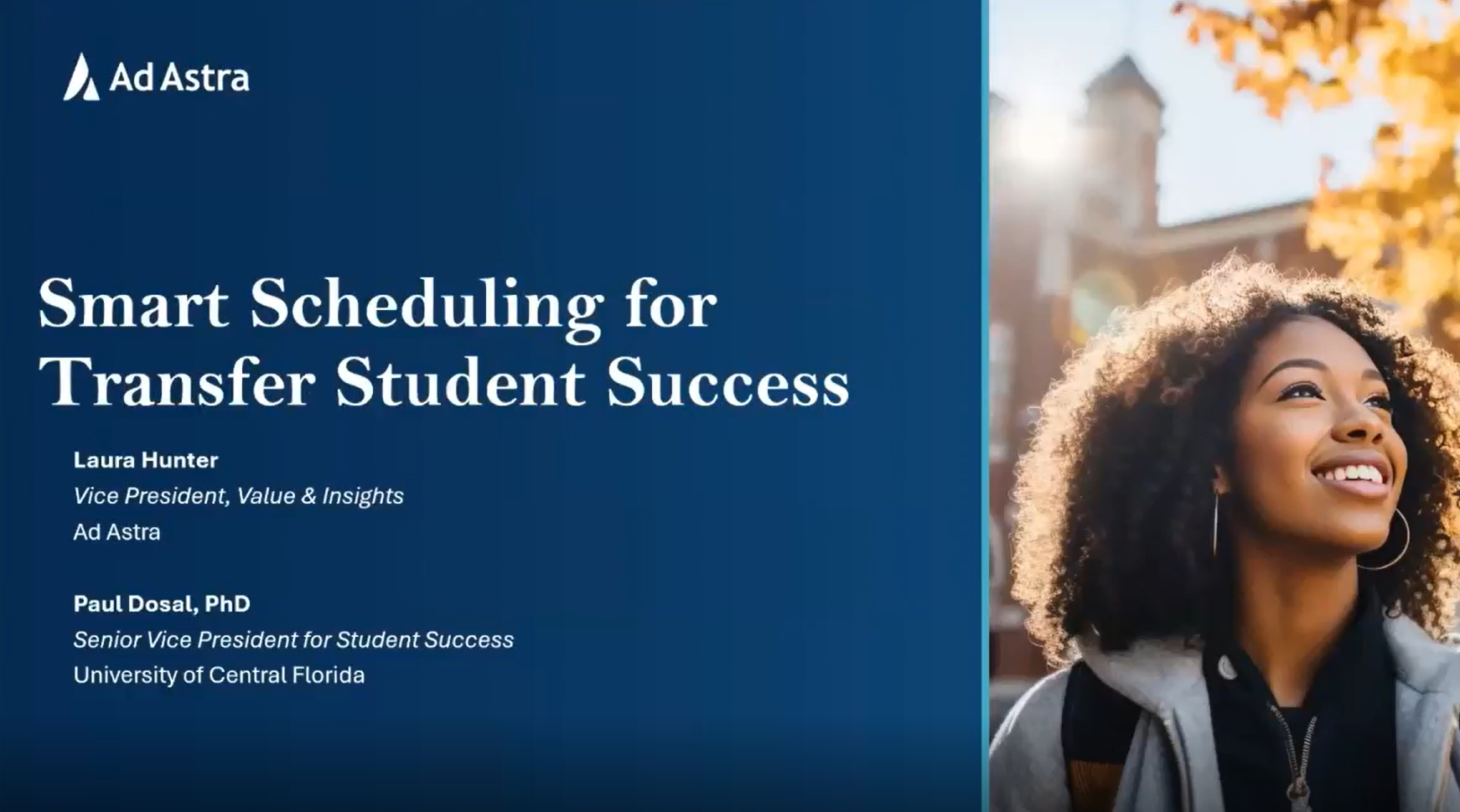
The Smart Scheduling™ Guide to Transfer Student Success
In this webinar, our presenters discuss how transfer pathways help students continue their education smoothly, avoiding lost time or credits, especially when switching academic systems.

Defining Smart Scheduling™: A Collaborative Evolution
Learn how SMART Scheduling (Specific, Measurable, Achievable, Relevant, Time-Bound) revolutionizes academic planning. This proven approach streamlines course offerings, boosts student retention, and aligns institutional goals to achieve measurable success in education.

Red Rocks Community College: Strategic Scheduling
Explore how Red Rocks Community College transformed its approach to student success through strategic scheduling. In this video, Beverly Clark, Director of Academic Affairs, shares insights on how data-driven scheduling improved student outcomes, increased course availability, and aligned resources with student demand. Learn how these changes empowered students to stay on track and achieve their academic goals.

The Power of Pathways
Pathways streamline academic journeys, enhance success, reduce costs, and facilitate on-time graduation. This graphic shows common obstacles and how to optimize pathways. Download your copy today!

Smart Scheduling™ Guidebook
In today's difficult enrollment climate, building smart, student-centered schedules is more important than ever. In the Smart Scheduling Guidebook, we reveal the four essential pillars required to create efficient, financially sustainable schedules that promote equitable student retention and completion.

Operationalizing Data to Create an Annual Schedule at Mohawk Valley CC
Jim Lynch, Associate Vice President of Academic Affairs at Mohawk Valley Community College, shares how Ad Astra's data-driven tools significantly improved student outcomes. By refining pathways and optimizing course scheduling, MVCC increased productive credit ratios, reduced average time to degree, and improved Degree Velocity® by 19%. See how!

Degree Velocity®
Degree Velocity® can inform an institution whether they’re on track to attain graduation rate goals and the strategic interventions necessary to positively impact them. Benchmarking Degree Velocity® allows institutions to review programs for intervention and help students increase degree momentum.

Collin College Case Study
Collin College faced challenges with scattered enrollment data and inefficient communication. Adopting Ad Astra's Registration Monitoring solution streamlined data collection, providing a centralized platform for scheduling communication. The institution experienced a 4% increase in contact hours and 5% growth in enrollment, improving decision-making efficiency and meeting student needs.

Glenville State Case Study
Glenville State University faced the challenge of expanding the Second Chance Pell program with limited resources, leading to disjointed course offerings. To address this, they employed multi-term planning with Ad Astra to align course pathways, optimizing program schedules and benefiting both on-campus and Second Chance program students, aiming to improve timely degree progression
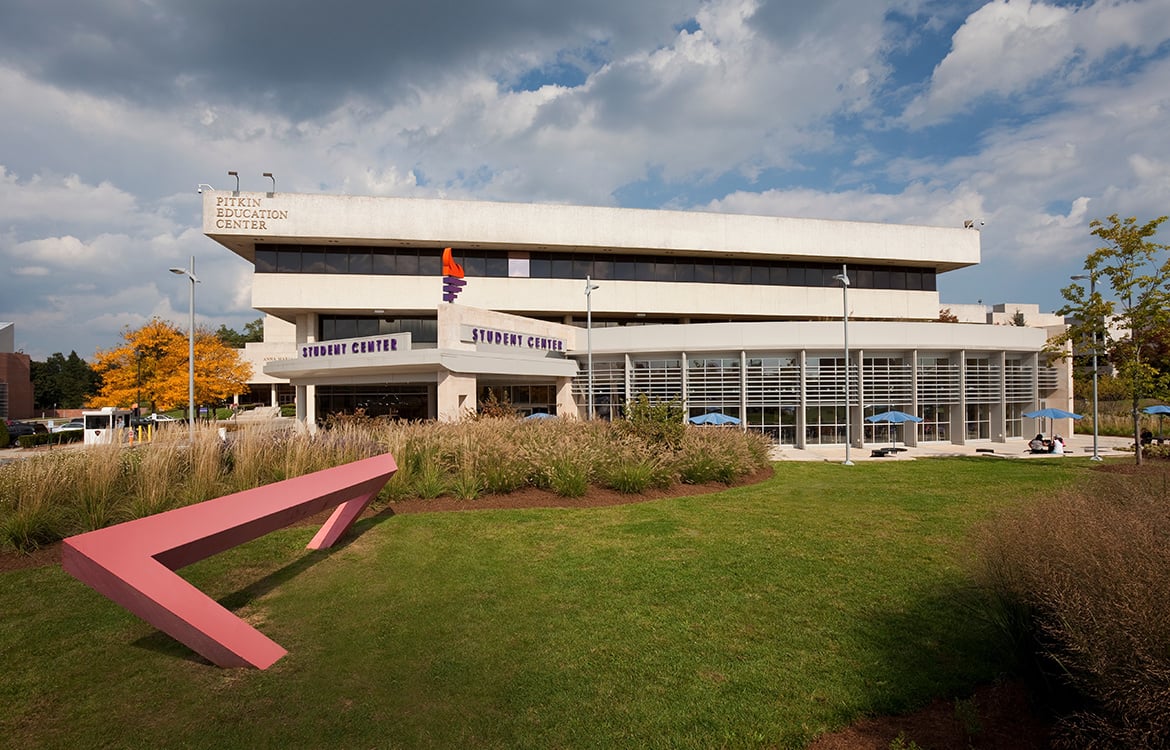
Bergen Community College Case Study
Bergen Community College faced scheduling inefficiencies within a diverse, unionized environment. BCC led a collaborative effort involving key groups to reform the scheduling process, resulting in a standardized course grid, reducing overlap and waste while increasing inclusivity. The reforms have led to higher enrollment for Fall 2024 and an increase in full-time credit loads.

The Changing Landscape Of Academic Course Scheduling: Key Themes Emerging for 2024
Explore the evolving world of academic course scheduling with insights into data-driven decisions, resource optimization, and student-focused strategies. Learn how institutions enhance enrollment management, improve faculty scheduling, and leverage cutting-edge technologies to streamline planning.

Community College of Allegheny County (CCAC) Case Study
CCAC brought together a decentralized process to build the foundation of a scheduling culture focused on student success and retention. Read the study to find out how.

Creating Student-Centered Schedules to Accelerate Completions at Lamar University
Discover how Lamar University achieved something many universities haven’t been able to do: multi-term scheduling centralized within their registrar’s office.

Higher Education Needs Its Own Version of Moneyball
Better use of real-time data can improve the likelihood that students stay in college and graduate. Sarah Collins and Charles Ansell offer 3 ways to be more strategic about collecting and analyzing student progress data for improved outcomes.

How Mohawk Valley Community College Used Leading Metrics to Improve Time to Completion
In 2018, Mohawk Valley Community College became concerned about the slowing rate at which its students were progressing through their degree programs. Only 20% of students were completing momentum year requirements, and the productive credit hour ratio was less than 70%. Discover how MVCC reduced average time to degree, improved Degree Velocity® and increased productive credit ratio.

How Scheduling Struggles Cause Student Struggles
Unpredictable schedules lead to lower registrations, stalled progress, and higher dropouts. Check out this tip sheet to learn how to create student-centered schedules, removing blockers and ensuring faster degree completion.

Strategic Academic Planning: Supporting Student Success
During this webinar, expert panelists explore the essential elements of integrated planning and how to align academic programs with student needs. Click to access their discussion on best practices for establishing goals and objectives that are measurable, achievable, and aligned with the institution's mission.

How Germanna Community College Achieved a 4-term Schedule
Germanna Community College’s student-centric approach to annual schedule planning removed friction points to enrollment, reduced time to completion, and boosted degree velocity by allowing students to plan four terms in advance. Is your institution ready to look ahead too?

Accelerating Completions at Lamar University
Luis Arevalo chose Lamar University to pursue his chemical engineering degree. With a clear path to completion created by Lamar’s academic planning team, Luis is successfully staying on course.
.jpeg?width=6720&height=4480&name=AdobeStock_297205308%20(2).jpeg)
Why Momentum Year Matters
Institutions that seek a leading, actionable indicator of graduation rates are choosing a Momentum Year approach to close gaps in outcomes. Tracking momentum metrics for students during their crucial first year of college allows for timely intervention and demonstration of a student’s progress along the way.

6 Strategies to Promote Persistence
The 2023 Persistence and Retention report from the National Student Clearinghouse Research Center found nearly 76% of the 2.4 million students who started college in fall 2021 returned for their second year. Here are six strategies that Ad Astra partners are using to promote persistence.

Clearing the Path to Enrollment Health
Pandemic aftereffects, inflation, and economic instability continue to create uncertainty in the value and relevance of higher education for many prospective students and their parents. This uncertainty, and challenging demographic trends, have created an enrollment crisis for many institutions.

Transforming scheduling for student success at Colby Community College
Through the CSIE diagnostic survey and HESI™, Ad Astra found several areas ripe for infrastructure refinement. These included an underutilized course ratio, overloaded courses, and the need to decrease the number of unique meeting patterns.

Complicated Lives, Competing Priorities: Reimagining the Course Schedule for Today's Student
Students returning to colleges and universities post-pandemic are demanding higher flexibility in course modalities and schedules. Ad Astra explores how institutions are not only adjusting their modalities and scheduling practices to meet the needs of today’s learners but also the way they measure the success of these changes.

Manhattan Marymount Case Study: Maximizing Manhattan’s Space: How Ad Astra Transformed Scheduling
Marymount Manhattan College, located in the highly sought after NYC real estate of the Upper East Side, faced several challenges, including limited space, a complex scheduling process, and a lack of actionable data to drive scheduling decisions. In order to maximize its limited resources effectively, the college needed a new approach to optimize scheduling, improve room utilization, and reduce class cancellations.

Planning Schedules for the Future
Most institutions are looking for new ways to ensure students can sustainably meet the demands of work, family, and school. By introducing an annual planning process, you can remove blockers for students. What better time to take the first step in this process than summer break? Our guide below will walk you through seven simple steps to establishing an annual plan.

Power of Pathways
Used as the foundation of an annual schedule, intentional pathways help to ensure sustainable course offerings, maximize enrollment, and assist the institution in creating a stable and repeatable schedule to meet student demand.

Saluting Colleges’ Dedication to Supporting Veterans
We salute the numerous colleges and universities that go above and beyond to support our nation’s veterans in their pursuit of education. Ad Astra reached out to its college and university clients, and from their responses, we’ve identified several heartwarming themes that demonstrate their commitment to supporting veteran students.
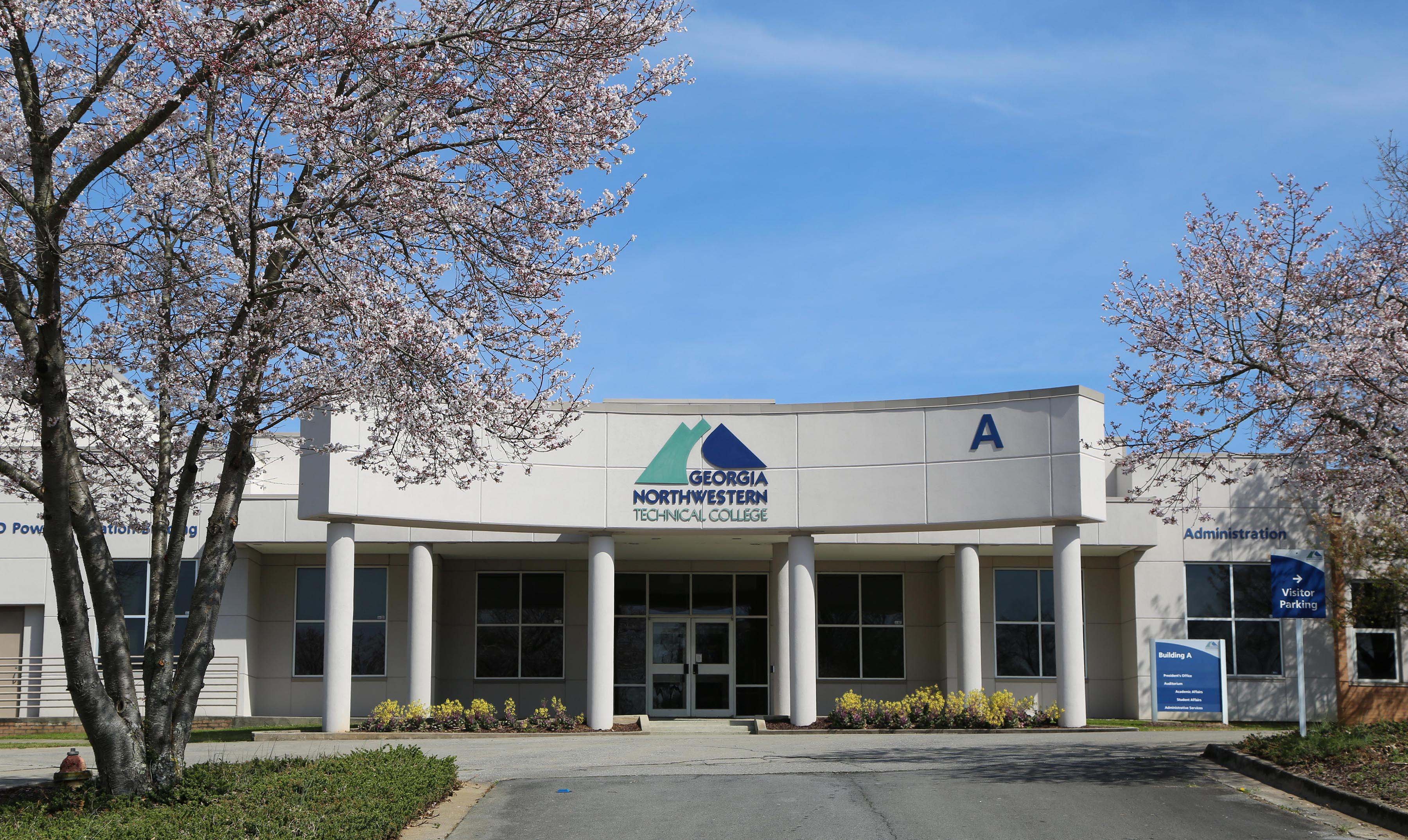
Georgia Northwestern Technical Case Study: Using analytics to achieve 9.8% enrollment growth
GNTC sought to eliminate manual processes and improve student success rates

Why Smart Scheduling™ Matters
You’ve done your best when it comes to predicting how many students will enroll in the upcoming semester, but can you adjust to real-time enrollment fluctuations?

4 Reasons Our Client Advisory Board Benefits You
Ad Astra’s Client Advisory Board (CAB) performs much like a Collegiate Advisory Board. Both provide guidance and direction to ensure offerings are high quality and relevant to users. This piece explores the four reasons CAB benefits every client.

Power of Pathways Webinar
Do you need help designing your degree maps, advising checklists, or degree pathways? You are not alone! We have assembled our best and brightest to come together in this webinar to help you tackle your pathway design.

Reimagining the Course Schedule for Today's Student Webinar
This webinar shares the results from a new survey with nearly 700 institutional leaders about the link between the course schedule and learner outcomes. Learn from a panel of experts how you can achieve a balance of structure and flexibility to promote student success.

Texas A&M, Acadeum & Ad Astra Case Study
Texas A&M leaders leveraged the assistance of higher education partners Ad Astra and Acadeum to boost student access and improve institutional efficiency. Together, Ad Astra and Acadeum demonstrated how reliable course scheduling practices can offer Texas A&M the ability to boost student progress, support academic innovation, and generate new revenue for the system.

Using Multi-Year Scheduling to Accelerate Completions at Lamar University
Learn how Lamar University is accelerating student completions with a multi-year scheduling approach.

St. Louis Community College Video: Empowering Academic Success with Student-Centric Schedules
As the President & Chief Academic Officer of St. Louis Community College's Forest Park Campus, Julie is consistently employs new strategies to support student retention and graduation. See how she partnered with Ad Astra to establish guided pathways and scheduling refinements to promote student success.

Accelerating Completions with Ad Astra at Lamar University
Lamar University saw a 15% increase in first time in college students taking 30 plus hours after implementing Ad Astra solutions. Hear their story.

Bossier Parish CC: Scheduling for Nights and Weekends
Hear from Megan Bange on how she used analytics produced from Ad Astra to pinpoint demand for nights and weekend classes offered through the NOW college.

Effective Academic Scheduling at a Multi-Campus Institution: Metropolitan Community College's Story
Metropolitan Community College in Kansas City, MO through an ongoing partnership with Ad Astra, is ensuring that all students can build efficient, conflict-free schedules which facilitate on-time graduation.

Zero canceled classes, 19.4% increase in Degree Velocity at Mohawk Valley CC
Jim Lynch, Associate Vice President of Academic Affairs at Mohawk Valley Community College, shares how Ad Astra's data-driven tools significantly improved student outcomes. By refining pathways and optimizing course scheduling, MVCC eliminated last-minute course cancellations and improved Degree Velocity® by 19%. See how!

Albany Sate Case Study
Albany State worked with Ad Astra on strategic scheduling. "Our retention rate is showing almost a 10% increase. Our transfer-out rate has decreased. Our course pass rate has increased. Our midterm deficiencies, students who are dismissed or on academic warning or probation, those have also decreased. Our students are enrolling [and] being retained at Albany State.” - Angela Peters, Provost and Vice President of Student Affairs
-1.jpeg?width=5146&height=3431&name=AdobeStock_357307134%20(1)-1.jpeg)
What is Integrated Planning™?
Learn how to schedule and understand how students are taking courses. Determine if mindful courses are being offered to meet the degree, and are they being offered in completions paths that meet students where they are.

Integrated Planning: Clearing Completion Paths™
Learn how Ad Astra's Integrated Planning™ solutions help academic leaders know how students are taking courses and understand the impact to pathways and financial sustainability.

Improving Early Momentum with John Hamman at Montgomery College
John Hamman worked with leaders at his school to improve early momentum and overall graduation rates.

Integrated Planning: Integrated Planning™ Insights
Get an overview of how our Integrated Planning™ solutions help higher education institutions streamline processes, improve student outcomes, and ensure financial sustainability. Director of Product Experience Charlie Stroble highlights the benefits of multi-term planning, retention and completion modeling, faculty capacity planning, and financial health modeling.

Data-Informed Collaboration with Wesley Bange at Bossier Parish CC
Wesley Bange, CITO at Bossier Parish Community College, discusses using data to replace guesswork and make collaborative decisions.

University of Arizona Health Sciences Case Study
The University of Arizona Health Sciences implemented a real-time data connection that improved space utilization, stronger inter-departmental relationships, and additional time for staff to explore further efficiencies. This approach optimized the scheduling process, supporting better work-life balance for the scheduling team.

Building schedules to re-enroll stopouts at Piedmont Community College
Join Chris Patera, Executive Director of Academic Operations at Central Piedmont Community College, as he discusses their mission for student success. Learn how they use Ad Astra's analytics to create productive schedules to re-enroll stop-outs in support of the NC Reconnect program, ensuring non-traditional and returning students can achieve their educational goals effectively.

Accelerating Student Progress with 8-week Terms at Northwest Vista College
Join Russ Frohardt, Dean for Academic Success at Northwest Vista College, as he discusses working with Ad Astra to efficiently and effectively schedule 8-week terms while launching a new Bachelor's program. Discover how these efforts are enhancing student success and retention, ultimately attracting new students to Northwest Vista College.

Improving Time to Degree through Smart Scheduling at San Joaquin Delta College
Hear how Christina Snedden, Director of Strategic Enrollment Management at San Joaquin Delta College, navigates the complexities of California's community college system. Faced with top-down directives and scheduling challenges, they turned to Ad Astra for data-driven insights. Discover how these tools facilitated crucial conversations, streamlined course offerings, and ultimately reduced time to degree, transforming student success.

Achieving state credential attainment goals at West Virginia Higher Education Policy Commission
Join Dr. Corley Dennison, Vice Chancellor for Academic Affairs for the West Virginia Higher Education Policy Commission, as he discusses how Ad Astra is helping bring students back through advanced analytics and smart scheduling. Learn about the innovative strategies supporting West Virginia's 60 by 30 initiative, which seeks to help 60% of the state's working-age population attain a college credential by the year 2030. See how WVHEP is leveraging real-time data to enhance enrollment, retention, and student success in service of this effort.

CC of Aurora: Keeping Completion Promises
Explore how the Community College of Aurora is fulfilling its commitment to student success through innovative completion promises. In this video, Dr. Bobby Pace discusses the college's strategies for ensuring students complete their programs on time. Learn how data-driven scheduling, enhanced advising, and targeted support services are helping students achieve their academic goals, ultimately leading to higher graduation rates and stronger outcomes for the entire community.
-1.jpeg?width=5146&height=3431&name=AdobeStock_357307134%20(1)-1.jpeg)
CC of Aurora: Reducing Cancelled Classes
Discover how the Community College of Aurora significantly reduced class cancellations through strategic scheduling. In this video, Dr. Bobby Pace shares CCA's journey of using data-driven insights to align course offerings with student demand. Learn how this approach minimized disruptions, improved student retention, and ensured that classes remained available, helping students stay on track to achieve their academic goals.

Virginia Peninsula CC: Reducing Conflicts
Discover how Virginia Peninsula Community College leveraged Ad Astra’s conflict reporting tools to optimize course scheduling and achieve a 5% increase in enrollment. In this video, Joseph Fairchild shares how resolving scheduling conflicts created more opportunities for students to enroll in needed courses, fostering both growth and student success. Watch to learn how data-driven scheduling solutions can make a measurable impact on enrollment and institutional efficiency.

Germanna CC: Creating Student-Centered Schedules
Germanna Community College saw an impressive 11% increase in average credit hours taken by focusing on student-centered scheduling. Dr. Shashuna Gray, VP of Academic Affairs and Chief Academic Officer, explains how aligning course schedules with student needs has empowered more students to stay on track and achieve their academic goals. Discover how Ad Astra’s data-driven approach to scheduling can support long-term retention and completion.

Germanna CC: Degree Velocity®
Germanna Community College actively seeks to empower students to graduate on time and enter the workforce sooner. Cheri Maea, Dean of Academic and Workforce Operations, explains how aligning course availability with student needs has streamlined the path to degree completion. See how strategic scheduling and Ad Astra solutions helped Germanna achieve a 6% increase in Degree Velocity.
-1.jpeg?width=5146&height=3431&name=AdobeStock_357307134%20(1)-1.jpeg)
Tidewater CC: The Art and Science of Scheduling
At Tidewater Community College, strategic scheduling is at the heart of student success. Joi Smart, Academic Data and Scheduling Analyst, shares how Ad Astra’s data-driven approach is helping the college align course offerings with student demand, paving a clearer path to graduation. Learn how Tidewater CC is utilizing innovative scheduling solutions to improve the student experience.

Germanna CC: Planning for Enrollment Growth
As Germanna Community College experiences rapid growth, strategic planning has become essential to meeting student demand and institutional goals. In this video, Dr. Shashuna Gray shares how Germanna uses Ad Astra’s scheduling insights to plan for sustainable growth, ensuring students have access to the courses they need when they need them. Watch to see how data-driven scheduling can support expanding campuses and elevate the student experience.

Germanna CC: Improving Graduation Rates
Germanna Community College is making significant strides in student success with the help of Ad Astra’s data-driven scheduling solutions. Dr. Shashuna Gray, VP of Academic Affairs and Chief Academic Officer, shares how Germanna is optimizing course availability to support timely graduation, ensuring students have access to the classes they need when they need them. See why Germanna had to have not one but TWO graduation ceremonies in the last year.
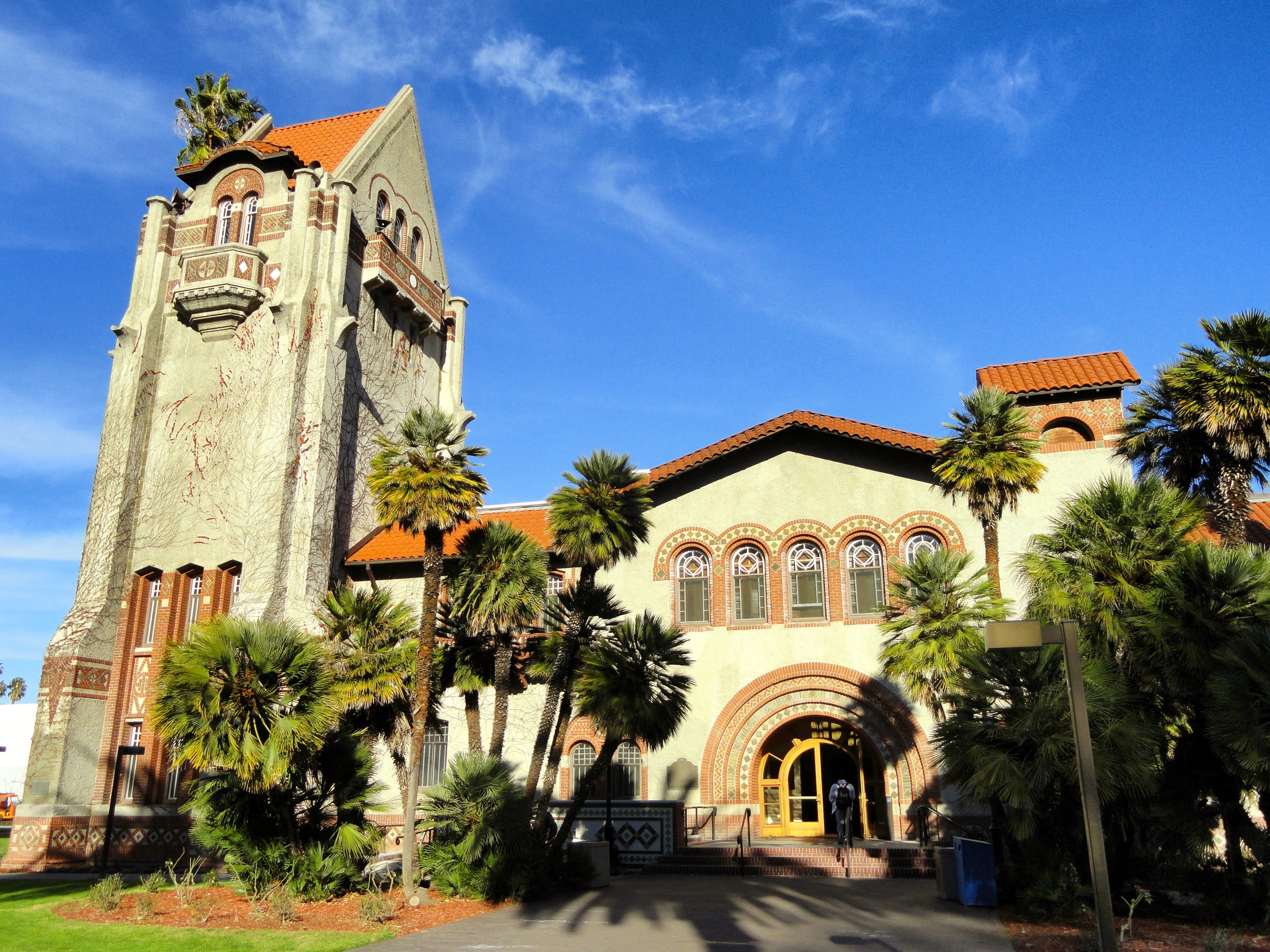
San José State University: Reducing Cancelled Classes
Join Sarah Cisneros Schraeder, Associate Director for Academic Scheduling & Space Management, San José State University (SJSU), as she shares how support from Ad Astra is helping students, especially first-generation students, to feel welcome and supported at SJSU. Data from Ad Astra reports is bringing scheduling issues to the forefront and allowing people to be a part of the solution.

Scheduling Dual Enrollment Students at DMACC
Join Heidi Heilskov, Registrar at Des Moines Area Community College, as she shares how the institution is using Pathway solutions from Ad Astra to streamline and standardize course information for close to 10,000 dual-enrolled students from 32 feeder high schools, all of which have their own policies and procedures. Discover how Pathway solutions from Ad Astra enable students get the courses they need when they need them to help them complete.

Butler CC: Continuous Course Scheduling
Zach Cannady, Academic Scheduling & Assessment Coordinator, Butler Community College, shares how the use of Ad Astra’s scheduling software helped solve scheduling inefficiencies at the institution. Working with Ad Astra, the institution reduced manual processes and the use of Excel spreadsheets, saving time for academic support teams while also reducing class cancellations to achieve a more student-centric schedule.
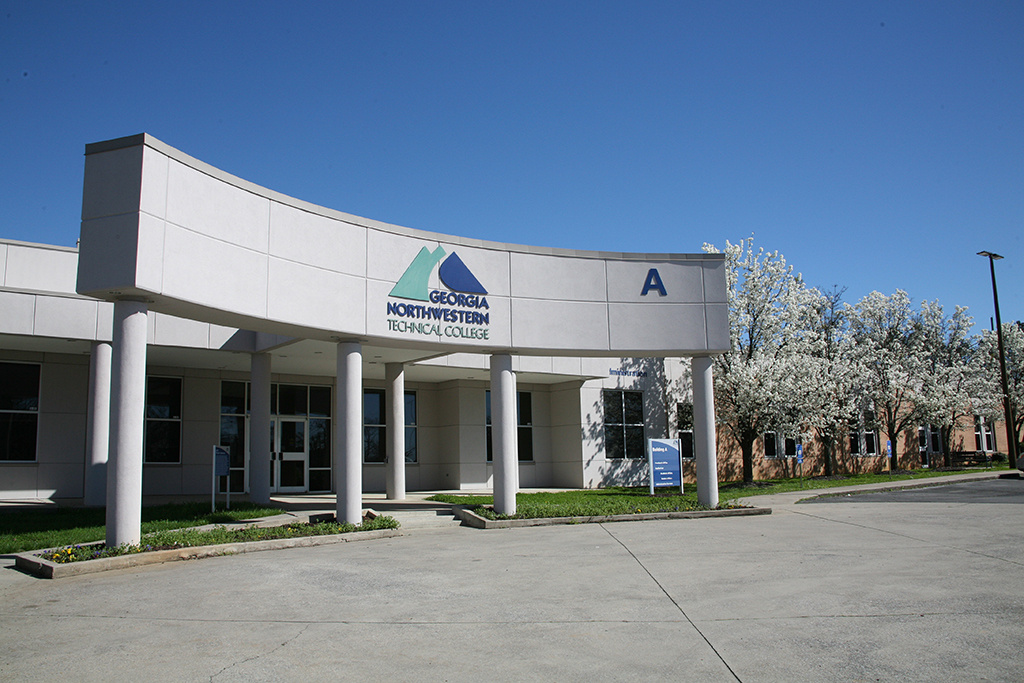
Student Centered Scheduling at GNTC
Jennifer Loudermilk, Associate Vice President of Academic Affairs, Georgia Northwestern Technical College (GNTC), shares how Ad Astra data is helping GNTC build a dependable schedule that offers better balance among work, life, and school to offer a more stable outlook on completion for its students. Watch how the use of Ad Astra data reduces the need for last-minute schedule changes to create a 10% increase in total registrations, 6.5% increase in average students per section, and a 13% decrease in underutilized course ratio.

Annual Scheduling at CC of Allegheny County
Join Dr. Stephen Wells, Provost and Chief Academic Officer, Community College of Allegheny County, as he demonstrates how Ad Astra data helps the institution create logical pathways for students as the college shifts to annual scheduling, allowing students and faculty to plan their life a year in advance. Ad Astra data enables the college to look at course sequences and course requirements in new ways. This information enabled 3,000 students to plan courses based on the annual schedule for the spring semester.

Texas A&M San Antonio: Mitigating toxic course combinations
Dr. Duane Williams, Associate Vice Provost for Student Success & Retention, Texas A&M-San Antonio shares how data from Ad Astra allowed the institution to discover the long-range impact of toxic course combinations on students and faculty. This information was used as a threshold to inform and to mitigate issues that could impact student success. Offering support services for students in potential toxic course combinations created a 40% decrease in the number of toxic course combinations and a 71% decrease in the number of students affected by these combinations.

Texas A&M San Antonio: Increasing average semester credit hours
Learn how Ad Astra helped Dr. Duane Williams, Associate Vice Provost for Student Success & Retention, Texas A&M-San Antonio, create a transformative experience for its students. The Ad Astra Benchmark report assisted the institution in exploring why its students were taking 6 or 6.5 years to graduate, ultimately finding associations between lower credit hour completion and reduced likelihood of graduation. Making 15 credit hours the norm resulted in a 130% increase in semester credit hour completions and 134% increase in students taking 15+ credit hours at the institution.

Virginia Peninsula CC: Scheduling for Military Students
Learn how Ad Astra’s tailored scheduling solutions help VPCC offer flexible, accessible pathways for military families, active-duty personnel, and veterans. See how strategic scheduling can empower military-affiliated students to achieve the dream of completing college.

Smart Scheduling™ & Pathways: A Strategy for Student Success
Learn how integrating degree maps, advising, and scheduling can accelerate student progress, improve retention, and drive completion. .
Financial Sustainability

5 Smart Scheduling™ Strategies for Financial Sustainability
Strategic management of low-enrollment academic programs can significantly enhance financial health. Access Ad Astra's 5 Smart Scheduling Strategies now.

Creating Scheduling Efficiency to Remove Barriers and Create Equal Opportunity to Succeed at Germanna CC
See how Germanna CC rectified the disparity between high headcount and lowers FTEs to increase performance-based funding.

How Bossier Parish Creates Schedules with Confidence
Bossier Parish leveraged smart scheduling to revamp post-COVID academic processes, enhancing scheduling accuracy for students and faculty. This student-centric approach improved institutional outcomes and streamlined academic operations.

Planning for Success with Annual Schedules
This webinar delves into expert techniques and annual strategies to overcome complex scheduling challenges faced by provosts, deans, and student success leaders. Learn practical solutions to optimize academic planning.

Using Data to Improve ROI at WVNCC
Discover how Jill Loveless, Vice President of Academic Affairs at West Virginia Northern Community College, utilized data to transform course scheduling, improve ROI, and enhance the college's financial health. This approach ensures students have access to the courses they need while maximizing institutional resources.

How Western Kentucky University Reassigned Hundreds of Sections
Western Kentucky University leveraged Ad Astra insights to reassign hundreds of sections, optimizing classroom and office space. This strategic move consolidated buildings, reducing costs by over $350,000 in two years while improving space utilization.

How West Virginia Northern Community College Connected Financial Health to Student Success
WVNCC leveraged Ad Astra insights to reduce course cancellations, optimize student schedules, and meet enrollment goals. These efforts improved Degree Velocity® and boosted on-time graduation rates while aligning schedules with student needs.

Transitioning from Efficient to Effective Scheduling at Bossier Parish CC
Learn how Bossier Parish Community College in Louisiana tackled pandemic-related scheduling challenges, achieving a 10.9% rise in fall-over-fall enrollments and an 11.6% boost in the enrollment ratio. With Ad Astra's student-centered scheduling solutions, BPCC transformed its approach, delivering remarkable results and enhancing student success.

Tarrant County CC Video: Leveraging Data to Support a $600M Bond
Discover how Tarrant County College leveraged Ad Astra's data-driven solutions to secure a $600M bond, implementing operational changes to support over 46,000 students. This strategic approach enabled impactful decisions that advanced student success and fostered institutional growth.
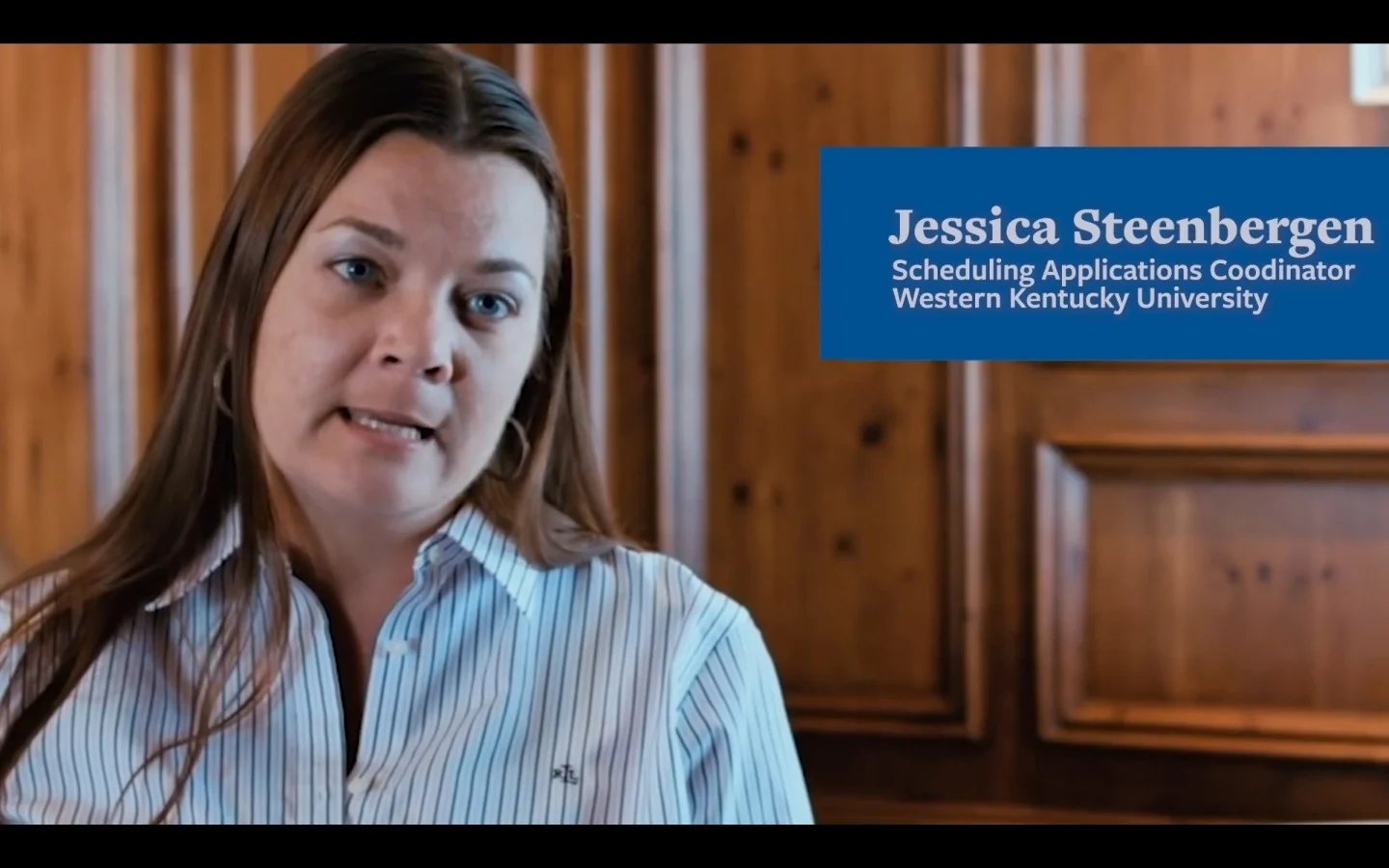
Western Kentucky University: A Financial Health Success Story
Discover how Western Kentucky University leveraged Ad Astra's academic scheduling software to efficiently allocate spaces during a building closure to save significant costs while optimizing its planning processes.

Ensuring Financial Health at Lamar University
Lamar University worked with Ad Astra to form a strategic scheduling team on campus, which resulted in an additional $500,000 in added revenue in one semester.

Financial Health: The Student Progress-Retention Dividend
Tom Shaver, Founder & CEO of Ad Astra, explains how Integrated Planning can enhance financial health for institutions. Listen as Tom covers strategies for aligning student progress and retention with financial sustainability, demonstrating the benefits of a data-driven approach to planning and scheduling.

Ensuring performance-based funding allocation at Northwest Vista College
Join Russ Frohardt, Dean for Academic Success at Northwest Vista College, as he shares insights on enhancing student retention and success through innovative scheduling strategies. Learn how the college, using Ad Astra analytics, is working to secure performance-based funding in alignment with Texas House Bill 8. Watch now to see how they harness the power of real-time data to create smart, student-centered schedules.
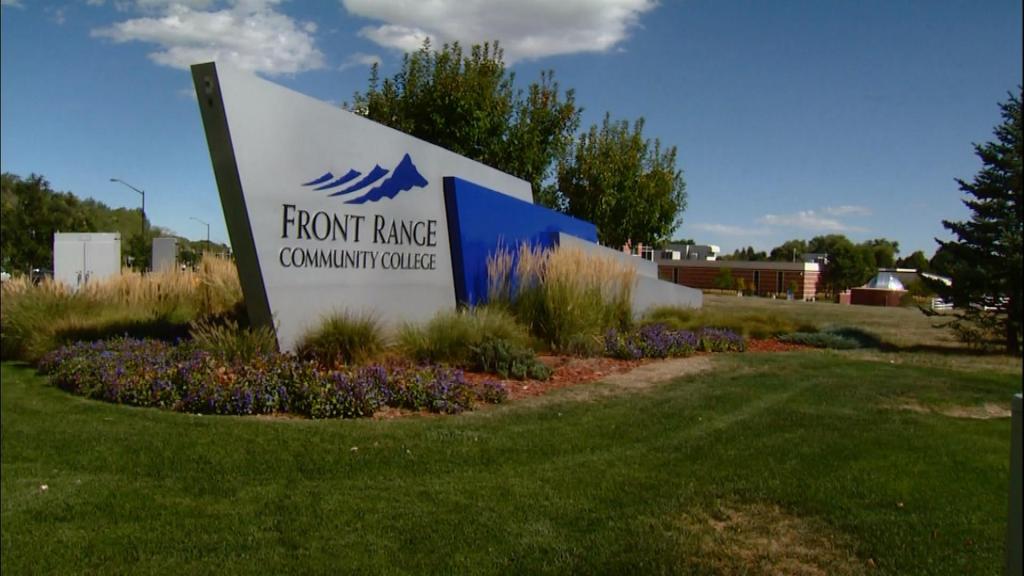
Front Range Community College: Building Financially Sustainable Schedules
Discover how Front Range Community College built financially sustainable schedules that align with student demand and institutional priorities. In this video, Dr. Rebecca Woulfe explains how they used data-driven strategies to optimize course offerings, reduce inefficiencies, and improve resource allocation. Learn how this approach not only supported student success but also strengthened the college's financial health, ensuring long-term sustainability and academic excellence.

Germanna CC: Headcount vs FTE
See how Germanna CC rectified the disparity between high headcount and lowers FTEs to increase performance-based funding.
Operational Efficiency

The Smart Scheduling™ Guide to Faculty Capacity Planning
As student demand shifts and budgets tighten, colleges must optimize faculty resources. Download Ad Astra’s Guide to Smart Scheduling and help your institution align staffing with strategic goals, balance workloads, and plan sustainably for student success.

The Smart Scheduling™ Guide to Faculty Capacity Planning
Smart Scheduling unites faculty, departments, and technology to create schedules that align with institutional goals and prioritize student and faculty needs.

Five course scheduling changes colleges want in 2025
To kick off 2025, Ad Astra asked stakeholders from more than 500 institutions to share their priorities and course scheduling goals. Feedback was enlightening, revealing a collective vision for more efficient, data-driven, and student-centered scheduling.

Documenting Enrollment Processes to Improve Student-Centric Scheduling at North Orange County CC
See how North Orange County Community College District, which serves over 59k students across 3campuses, partnered with Ad Astra to enhance course scheduling coordination, automate systems, and improve faculty compensation methods.

Butler CC's Story: Embracing change to positively achieve scheduling buy-in from faculty and staff
See how Butler Community College incorporated a systematic approach to achieve operational efficiency.

Creating Campus Community through Events at University of West Alabama
See how the University of West Alabama adopted action-oriented processes with a modern, flexible platform to improve efficiency in events.

AACRAO 60-Second Survey: Operational Efficiency in Academic Operations
New research from AACRAO, developed with Ad Astra’s support, reveals why 78% of institutions believe they could be more efficient. This report offers actionable insights to optimize operations and achieve institutional goals, with tips on how Ad Astra's academic scheduling tools help improve efficiency.

2025 Migration Webinar Series
Learn everything you need to know to prepare for migration to Ad Astra's smart scheduling platform. Whether your institution has started your migration process or determining when to begin, this webinar series offers valuable information and tips to guide your journey.
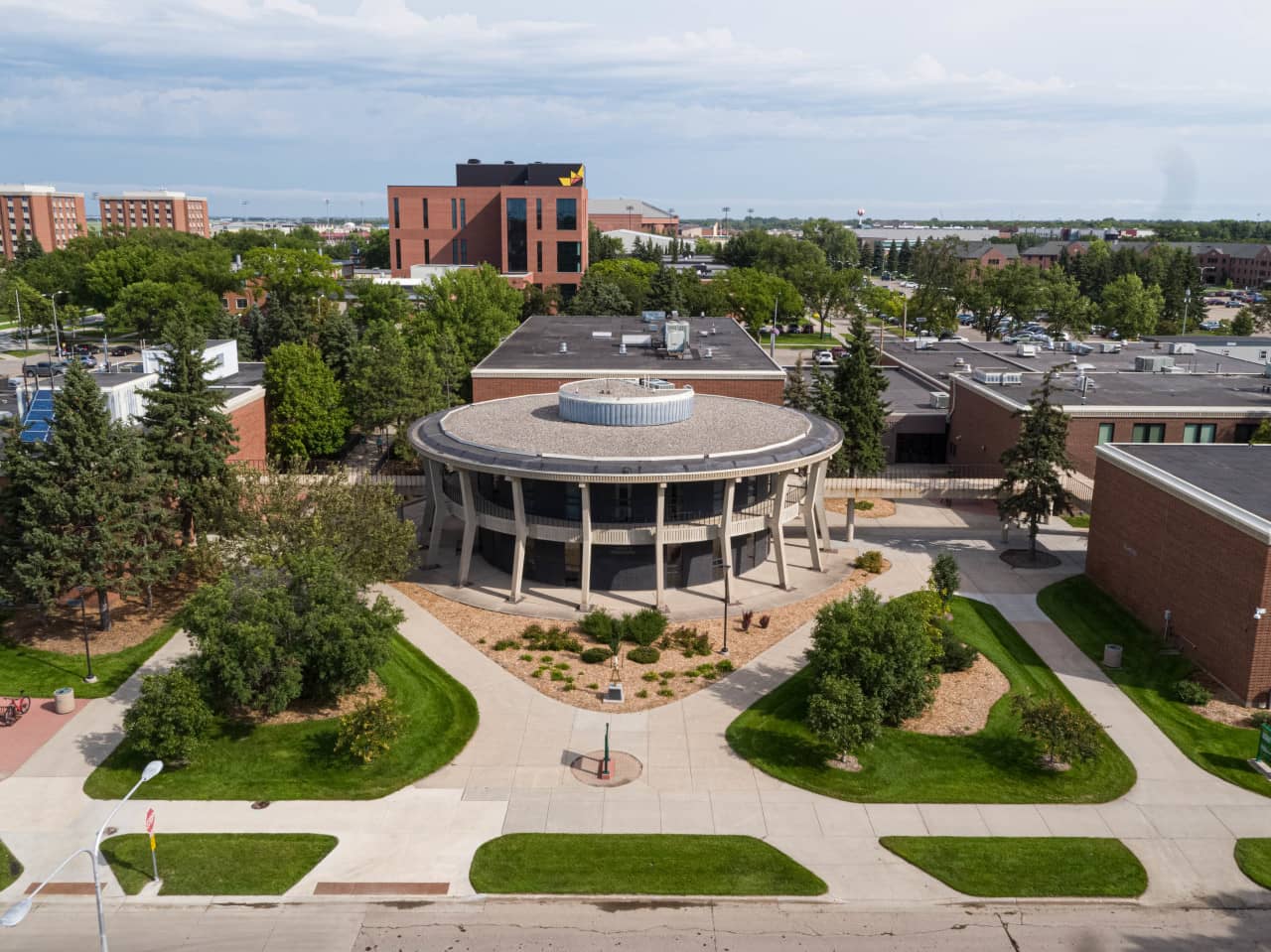
North Dakota State University Case Study
North Dakota State University implemented a data-informed approach to block scheduling, leveraging collaboration and real-time data to improve student retention and success rates. This resulted in a 2% increase in retention semester over semester. The university also embraced student demand forecasting and implemented professional advising to further support retention.

Ad Astra partners share why they're feeling lucky
Find out why colleges and universities value Ad Astra. A survey of over 400 clients highlights how Ad Astra helps institutions optimize academic scheduling and resource planning. Discover the top four reasons these schools rely on Ad Astra to enhance operational efficiency and decision-making.
.jpeg?width=5146&height=3431&name=AdobeStock_357307134%20(1).jpeg)
Top Five Course Scheduling Priorities for 2024
Uncover 2024’s top student scheduling priorities based on insights from 600 higher education professionals. This infographic highlights trends shaping academic planning and driving efficiency improvements.

Achieving Sustained Growth Through Efficiency at Northeast Lakeview College
Northeast Lakeview College needed to continue a positive enrollment trajectory using a data-driven approach. Ad Astra provided a path to achieve up to 90% fill rates and 14% growth in contact hours.

Spotlight on Scheduling Innovators
The rapidly changing college environment demands a course scheduling process that’s equal parts creativity and innovation. Through collaboration with Ad Astra, these frontline higher education professionals are employing thoughtful strategies to enhance and streamline their institution’s scheduling process, ensuring student success today and in the future. Featuring Chris Patera, Jay Johnson, and Jill Loveless.

Leveraging HESI® for Better Scheduling
When it comes to measuring your scheduling efforts, data is vital to your institution's story. HESI® is a benchmark of academic space utilization and course offerings that enables tracking across multiple terms. Using HESI® can ultimately improve the trajectory of on-time graduation, boost the use of existing space, and ensure clear completion paths for students.

A Foundational Approach to Improving Registration at Collin College
Collin College streamlined its registration process across seven campuses, exchanging Excel sheets and post-it notes for streamlined, reliable data and dynamic, actionable visuals.
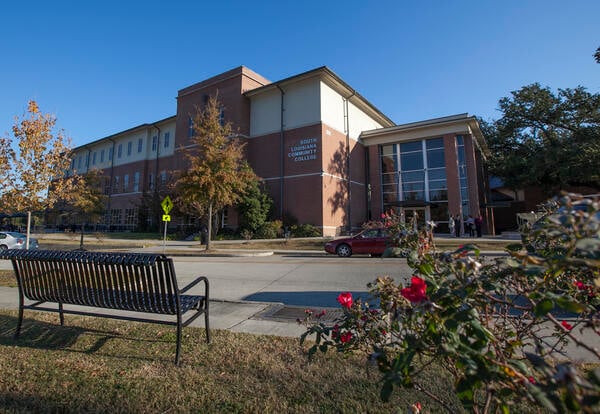
Streamlining Manual Processes to Improve Efficiency & ROI at SLCC
Like many higher education institutions, South Louisiana Community College originally relied on manual scheduling processes. A spreadsheet-based approach made adjustments difficult and time-consuming. Read how Ad Astra helped SLCC streamline processes.

Five Ways Smart Scheduling™ Saves You Time
Click below to read all 5 ways smart scheduling helps make the most of your time and processes while keeping everyone on the same page.

How Northeast Lakeview College Created Efficient Schedules to Achieve Sustained Growth
Laura Boyer, VP for Academic Success at Northeast Lakeview College, shares how Ad Astra helped them reach their 90% fill-rate goal and add five new workforce programs.

Solving Essential Scheduling Problems with Efficiency
During this session, panelists explore problem-solving strategies and practical software tips to overcome the most challenging scheduling issues encountered by registrars and scheduling teams.

AACRAO 60-Second Survey: Measures of Effectiveness for an Undergraduate Schedule of Classes
In March 2023, Ad Astra partnered with AACRAO to research how modern institutions are measuring the effectiveness of their course schedules. With nearly 400 institutions represented, this research explores disaggregating data for key populations, the top changes institutions are making in their undergraduate class-scheduling processes, and more.

The Report Guide
Scheduling is a complex issue, one that inevitably brings up more questions than answers. Cut through the ambiguity with simple-to-interpret data, quick dashboard views, and easy-to-run reports that offer reliable answers to your top scheduling questions.

5 Reports that Save the Day feat Pima CC
Whether you’re a registrar, a dean, or a department chair, accessible and easy-to-analyze reports make all the difference in creating a student-centric course schedule. Learn 5 reports that save the day for academic operation professionals as they make data-backed decisions.

Univ of Toledo Case Study: Data Storytelling to Improve Course Scheduling
The University of Toledo is matching supply and demand by combining critical administrator inputs with Ad Astra data to inform and improve the course scheduling process.

The Evolution of Events: Then and Now
While the ebb and flow of scheduling continues to look a little different in 2022, Ad Astra connected with experts to find out what's changed at their institution in the realm of events.

Ad Astra's Top Reports
This webinar dives into Ad Astra's top reports on benchmarking, student retention, time to degree, and more. Click through to learn from the experts how data can help you maximize student success and operational efficiency.

Northwest Missouri State University Video: Improving Student Success with Ad Astra
When Northwest Missouri State University set out to create out student-centered schedules, Associate Provost Jay Johnson and Registrar Terri Vogel knew they could no longer rely on outdated processes. With help from Ad Astra, Northwest is now able to comprehensively create schedules that easily show how students are progressing. As a result, they are seeing more students graduate on time so that they can confidently enter the workforce.
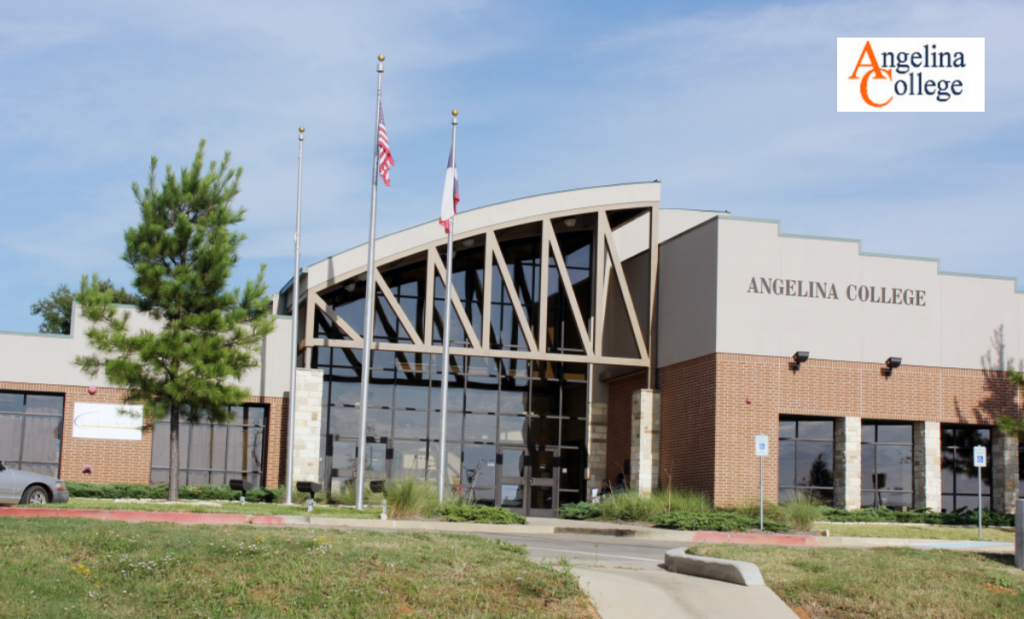
Supercharged Reporting to Streamline Event Scheduling at Angelina College
Joy Medford, Executive Director of Institutional Effectiveness, set out to bring a centralized approach to scheduling at Angelina College. Joy started the transformation by using Ad Astra solutions to streamline the event scheduling process. In the last year, she efficiently scheduled 300+ events and 2000+ meetings. Angelina is now expanding its usage of Ad Astra to data-informed course scheduling.
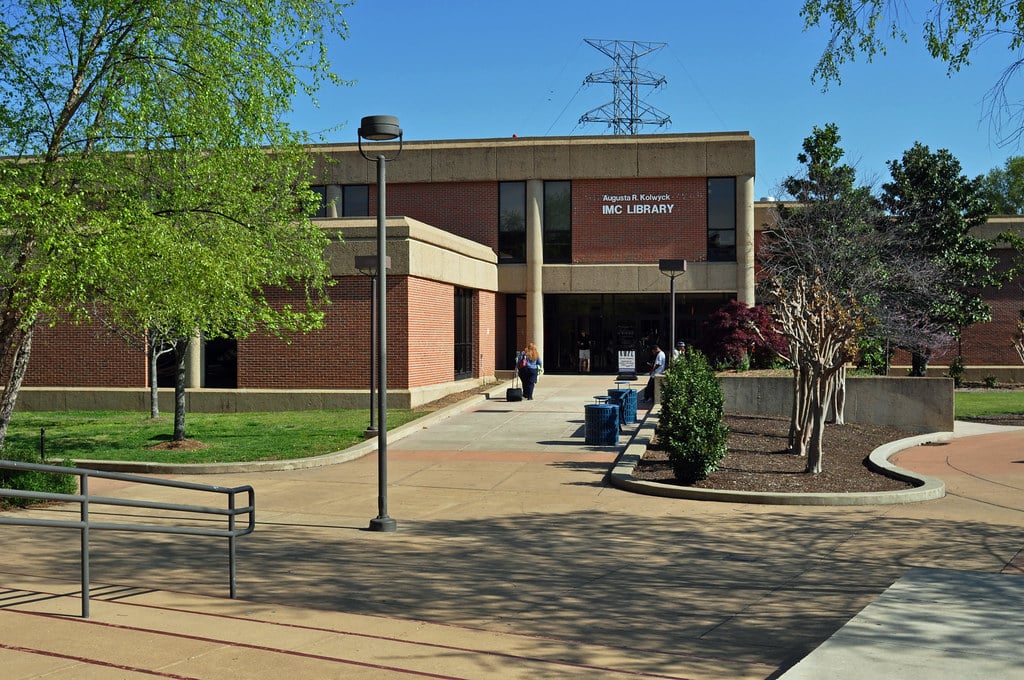
Efficient Scheduling with Ad Astra at Chattanooga State University
Tabitha Banks of Chattanooga State Community College used to spend two weeks each term to prepare the course schedule. With Ad Astra, she's cut that time in half. See how improved efficiency in academic and room scheduling also resulted in an improved focus on student success.

Butler Community College: Streamlining the Scheduling Process with Ad Astra
For years, Butler Community College created its course schedule manually using spreadsheets and printed reports. See how Zach Cannady worked with Ad Astra to automate the scheduling process, saving 20-30 hours of work each term.

Arapahoe Community College: Data for Student-Centered Schedules
Learn how Arapahoe Community College is using data to create student-centered schedules that enhance success. In this video, Ashlea Mobly of Academic Operations discusses their approach to leveraging analytics to align course offerings with student needs. Discover how this strategy improves course availability, reduces scheduling conflicts, and supports students in achieving their academic goals, all while maximizing the efficient use of institutional resources.

CC of Aurora: Merging Campuses
Discover how the Community College of Aurora successfully merged its campuses to better serve students. In this video, Dr. Bobby Pace discusses the strategic process of unifying campuses, optimizing resources, and enhancing student experiences. Learn how data-driven decisions and collaborative efforts led to a seamless integration that supported student success and streamlined operations across the college.

Germanna CC: The Client Success Difference
Cheri Maea, Dean of Academic and Workforce Operations at Germanna Community College, shares how partnering with Ad Astra’s dedicated Customer Success team has transformed their approach to scheduling. By collaborating closely with Ad Astra, Germanna is able to leverage strategic insights that enhance course availability, reduce scheduling conflicts, and support students’ academic journeys. Discover how a strong customer success partnership can drive meaningful outcomes, helping students stay on track and institutions reach their goals.

Virginia CC System: Ad Astra Implementation
Discover how the Virginia Community College System partnered with Ad Astra for a systemwide implementation across all 23 colleges. Chris Pfautz, Director of Enrollment Management, shares how a unified approach to strategic scheduling is helping streamline operations, enhance course access, and create consistent opportunities for student success statewide. Watch to learn how systemwide collaboration with Ad Astra is driving impactful change and supporting students across Virginia.

San José State University: Onboarding and Implementation
Join Sarah Cisneros Schraeder, Associate Director for Academic Scheduling & Space Management, San José State University, as she shares how support from Ad Astra improved the implementation process of its new onboarding tool by engaging in strategic conversations designed to better gain utilization with end users. Watch how a strategic partnership with Ad Astra can maximize and improve the onboarding and implementation of new technology solutions.

Monitoring registration with DMACC
Join Heidi Heilskov, Registrar at Des Moines Area Community College (DMACC), as she shares how Register Monitoring software from Ad Astra allows the college to stay competitive with faculty hiring while also improving the probability of students finding a seat in the courses they need when they need them, even with late enrollees. Watch how Register Monitoring from Ad Astra assists DMACC in ensuring students find placement in the right sequence of courses to help them achieve future success.

Service and Support from Ad Astra at DMACC
Heidi Heilskov, Registrar at Des Moines Area Community College (DMACC), shares how the long-term partnership between DMACC and Ad Astra continues to provide strong service and support for its software applications while creating long-term positive returns for its students and staff. Watch how the service and support of Ad Astra’s software is enhanced through a partnership of trust and long-term relationship building.
Equitable Outcomes

Building a Talent-Strong Texas through Strategic Scheduling at Northwest Vista College
See how this Alamo College met performance-based funding attainment goals by creating student-centered schedules.

How 6 HSIs Are Transforming Higher Education for Hispanic Students
In this blog post, discover how six HSIs are overcoming barriers, increasing retention, and driving degree completion—with help from Ad Astra’s smart scheduling solutions.

Navigating Pathways to Latino Student Success
A survey by the Hispanic Development Fund (HDF) reveals that 53% of respondents are concerned about course registration impacting on-time graduation. Learn how Ad Astra’s academic scheduling solutions can help address these challenges.

Maximizing Momentum: The Course Schedule as an Effective Tool for Equitable Student Success
Montgomery College intentionally refined the college’s course schedule to ensure ALL students could access pathways to maximize momentum toward credential completion.

How Texas A&M Corpus Christi Utilized the Course Schedule to Decrease Bottlenecks and Equity Gaps
As a recognized Hispanic Serving Institution, general education bottlenecks were becoming a barrier to completion in this student population. In an effort to better serve students, they aligned their schedule with demographic needs and increased enrollments.

How Montgomery College Improved Equity Outcomes Through Scheduling Efficiency
Montgomery College achieved what seemed impossible: driving equitable outcomes and optimizing student, course, and faculty assignments without full knowledge of preferences and fixed timetables. See how this school's innovative approach brings predictability and flexibility to students' lives and drives remarkable outcomes.

The Course Schedule's Role in Ensuring Equitable Outcomes for Students
Learn how smart academic planning can reduce barriers to completion and bridge equity gaps for students.

UMKC & HDF Case Study: Supporting first-generation Hispanic students' success
How UMKC, HDF and Ad Astra are working together to improve Latino student success

Course Scheduling Through an Equity Lens - Community College Daily Op Ed
Monica Trent of Achieving the Dream and John Hamman of Montgomery College, make the case in Community College Daily that colleges must view their work through a student and equity lens and strive to make their institutions truly more student-centered.

UMKC: Improving Student Success through Smart Academic Course Scheduling
To meet the needs of its diverse student population, the University of Missouri-Kansas City committed to optimizing its course schedule in partnership with Ad Astra. UMKC now efficiently schedules more than 15,000 unique class sections a year. Registrar Amy Cole says the goal is to ensure students from all backgrounds are able to take courses when, where, and how they need them to graduate on time.

Texas A&M Corpus Christi Video: Supporting the Case for a $45M New Building
Through using Ad Astra data, Texas A&M Corpus Christi made a case to their Board of Regents and got a new $45M building approved.







.png?width=84&height=81&name=search%20(1).png)







